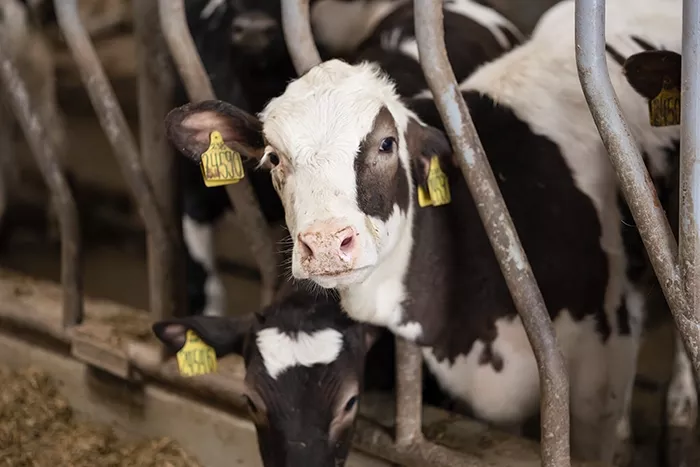The food industry will go to great lengths (and spend a fortune) to lobby policymakers, confuse the public and politicise scientific findings. When scientific evidence indicates the need to phase down environmentally harmful or unhealthy products, the responsible industry pushes back. In an article for The Conversation, Stephanie Walton, DPhil candidate in the School, explores how stranded assets may be motivating this resistance and examines the possible solutions.
News
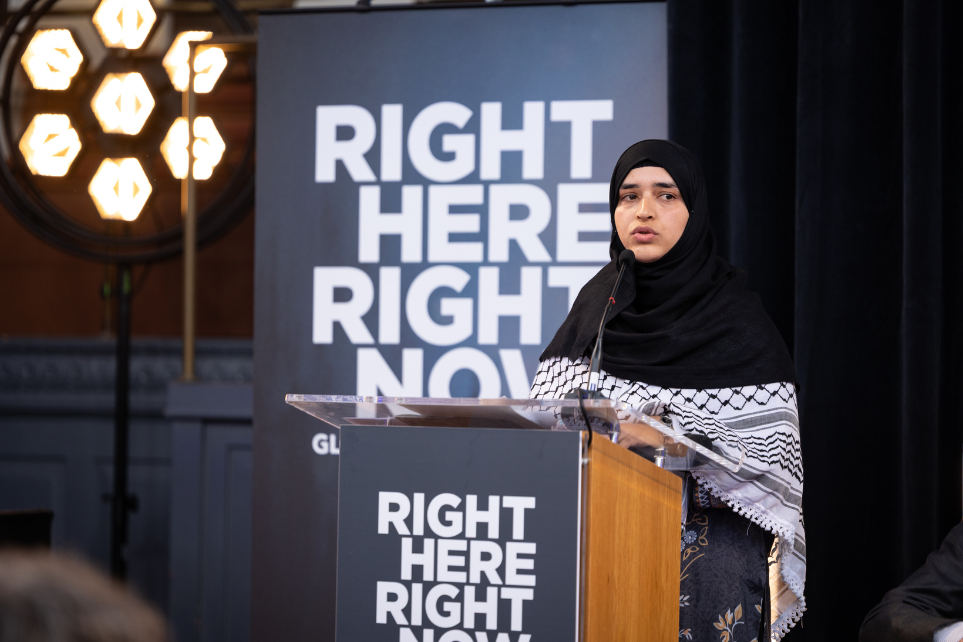
SoGE MSc student Tabina Manzoor gives opening address at Right Here, Right Now climate summit
Tabina Manzoor, a Kashmiri student, researcher, and environmentalist currently pursuing an MSc in Water Science, Policy, and Management at SoGE, served as a student co-moderator at Oxford’s recently concluded Right Here Right Now Global Climate Summit, where she also gave an opening address at the Sheldonian Theatre.
How I have learned to get the most out of academic conferences
Trisha Gopalakrishna, DPhil Candidate in the Ecosystems Lab Group, provides her top tips to getting the most out of the academic conference experience.
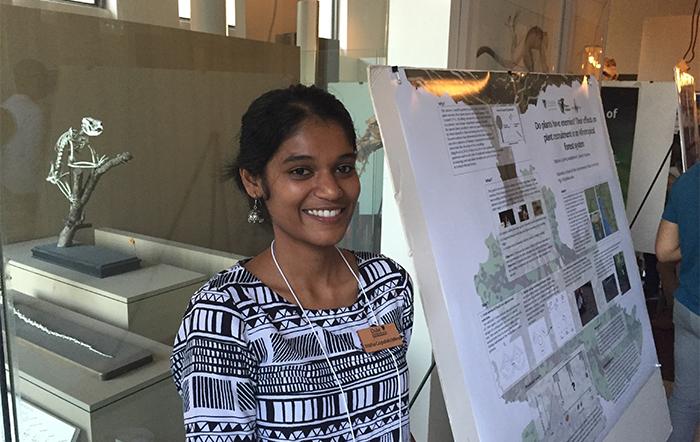
Pastoralist-to-Pastoralist discussion on Covid-19
Pastoralists from Asia and Africa led a unique international discussion on April 19, 2021. This inspiring event brought together pastoralists from Kyrgyzstan, Kenya, Mongolia and Tanzania to talk about their lives, herding and the impact of the Covid-19 pandemic. The 'Covid-19 and Pastoralists - International Virtual Forum' was the first effort to foster pastoral debate and engagement across continents, and was organised by Drs Troy Sternberg and Ariell Ahearn.
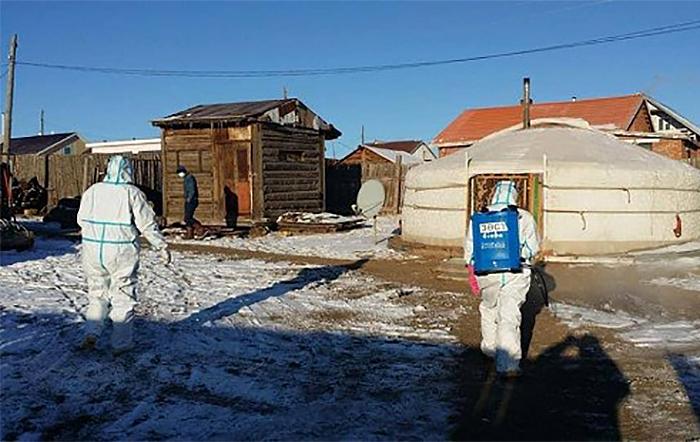
£30 million official backing for Oxford-led greenhouse gas removal programme
Coordinated by an Oxford team including Cameron Hepburn and Stephen Smith, the CO2 Removal Hub launched today with £30million in funding to explore innovative ways of stabilising our climate.

Nature-based solutions highly effective in long term - Oxford research
Nature-based solutions (NbS) can contribute to the fight against climate change up to the end of our century, according to new Oxford research in the leading scientific journal Nature. The analysis suggests that, to limit global temperature rise, we must slash emissions and increase NbS investment to protect, manage and restore ecosystems and land for the future.

Dr Sneha Krishnan awarded a British Academy / Wolfson Fellowship
Dr Sneha Krishnan has been awarded a British Academy / Wolfson Fellowship, which she will hold from January 2022 to December 2024.

Meet Anita Bharucha, Chief Operating Officer, SSEE
Anita is Chief Operating Officer for the Smith School of Enterprise and the Environment. She helps to ensure that the Smith School runs smoothly and has good governance, and to make sure that the Smith School's fantastic academics and professional staff have what they need to do their jobs.
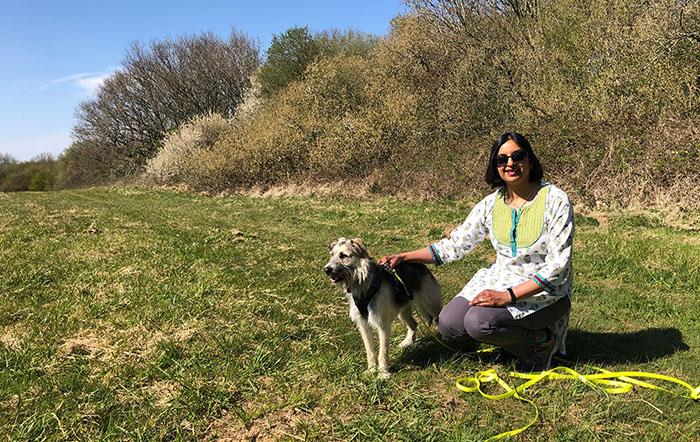
Dr Louise Slater awarded Gill Memorial Award in 2021 RGS-IBG honours
Dr Louise Slater has been awarded the Gill Memorial Award for outstanding early career research in physical geography in the 2021 Royal Geographical Society (with IBG) honours.
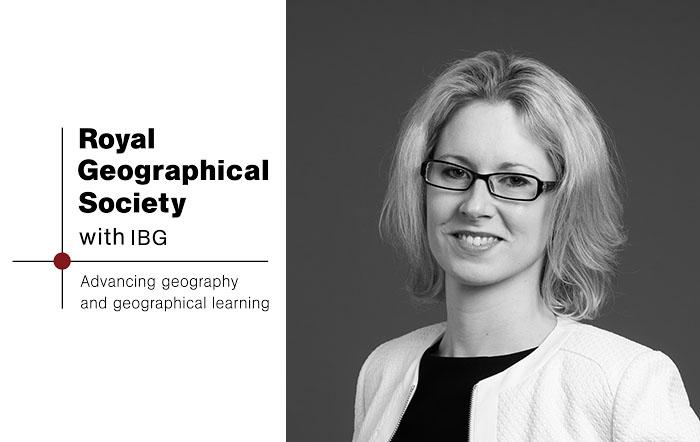
Nature must be a partner, not just a provider of services - Oxford report
Nature based Solutions (NbS) could support transformative change in environmental sustainability - to address major societal challenges, including the climate crisis - according to a new paper from Oxford researchers.
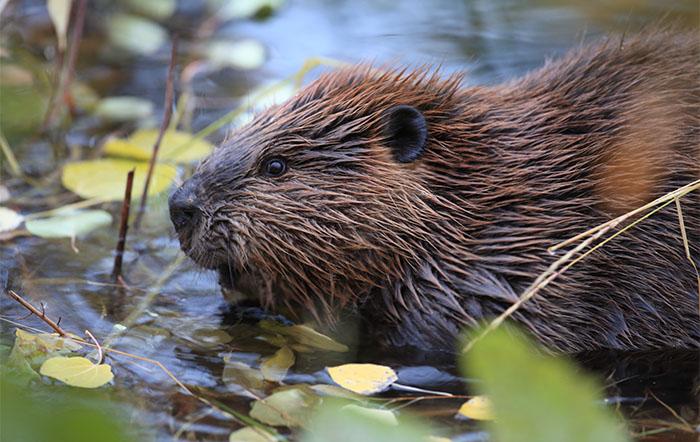
Study reveals extent of human impact on the world's plant-life
Research has shed new light on the impact of humans on Earth's biodiversity. The findings suggest that the rate of change in an ecosystem's plant-life increases significantly during the years following human settlement, with the most dramatic changes occurring in locations colonized in the last 1500 years.

Five ECI faculty in top climate scientists list
Professor Myles Allen, Professor Jim Hall, Professor Yadvinder Malhi, Dr Michael Obersteiner and Dr Friederike Otto are listed in the 2021 "Reuters Hot List" of top climate scientists, which includes seven University of Oxford scientists in total. There are also five ECI alumni on the list: Malte Meinhausen, James Ford James Watson, Lea Berrang-Ford and Paula Harrison. The list tells the stories of the scientists who are having the greatest influence on the climate change debate through data on funding, citations and publications. The rankings themselves are based on a combination of research output, citations, and press coverage. "Of course these indicators are not the only way nor the best to measure the impact of our science and suffer from many biases that are prevalent in scientific publishing but this ranking shows that at ECI we work at the forefront of climate change research and so I am delighted that is being heard," said Dr Otto.



